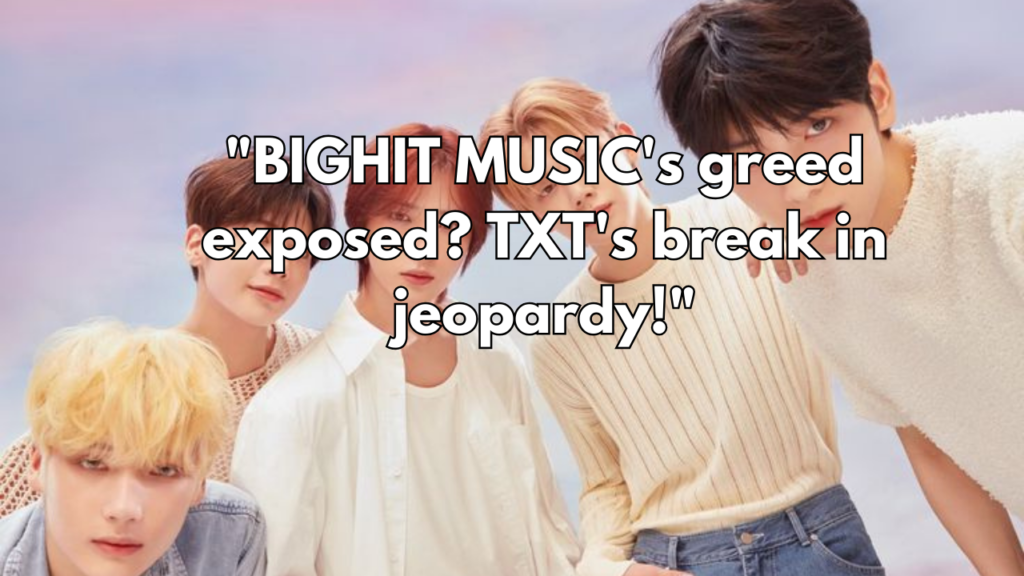The FIFTY FIFTY members’ re-debut controversy has sent shockwaves through the K-pop industry.
The Korea Management Federation (KMF) and ATTRAKT have jointly issued a strong condemnation against the former members’ new career direction. This development has ignited an intense debate about artist contracts and industry ethics in South Korea’s entertainment sector.
The controversy centers around former FIFTY FIFTY members Saena, Aran, and Sio’s decision to form a new group called Ablume. Their announcement has created significant ripples throughout the Korean entertainment industry, leading to unprecedented pushback from industry leaders and raising questions about artist loyalty and contract integrity.
Industry Response to FIFTY FIFTY Re-debut The KMF has taken an uncompromising stance against the former members’ decision to re-debut. They argue that the members’ actions have caused substantial financial and reputational damage to ATTRAKT, their former agency. The federation emphasizes that such actions could set a dangerous precedent for future artist-agency relationships within the industry.
The federation’s response highlights deeper concerns about contract enforcement in the K-pop industry. Industry experts suggest that this case could influence how agencies structure their contracts with artists moving forward. The situation has prompted discussions about the balance between artist freedom and contractual obligations.
Legal Implications of Ablume Formation The situation has escalated beyond a simple group reformation, entering complex legal territory. ATTRAKT has initiated legal proceedings, seeking ₩20.0 billion KRW (approximately $14.4 million USD) in compensation. The agency claims that the members’ actions constitute a serious breach of contract and could potentially destabilize the industry’s established business practices.
Legal experts suggest this case could set a significant precedent for future disputes between artists and management companies. The outcome might influence how courts interpret exclusive contracts and artist rights in the Korean entertainment industry.
Impact on Korean Entertainment Industry The controversy has highlighted the complex relationship between artists and management companies in the K-pop industry. Industry veterans suggest this case could fundamentally change how agencies approach talent management and contract negotiations. The situation has sparked discussions about the need for clearer guidelines regarding artist departures and group reformations.
The case has also raised questions about the role of industry organizations like KMF in regulating artist behavior. Some industry observers argue that this incident could lead to stricter oversight of artist activities post-contract termination.
Final Thoughts on FIFTY FIFTY Members Re-debut Controversy
This unprecedented situation continues to evolve, potentially reshaping the landscape of K-pop industry practices. What are your thoughts on this developing situation? Share your perspective on how this might affect the future of K-pop artist contracts and industry standards.







